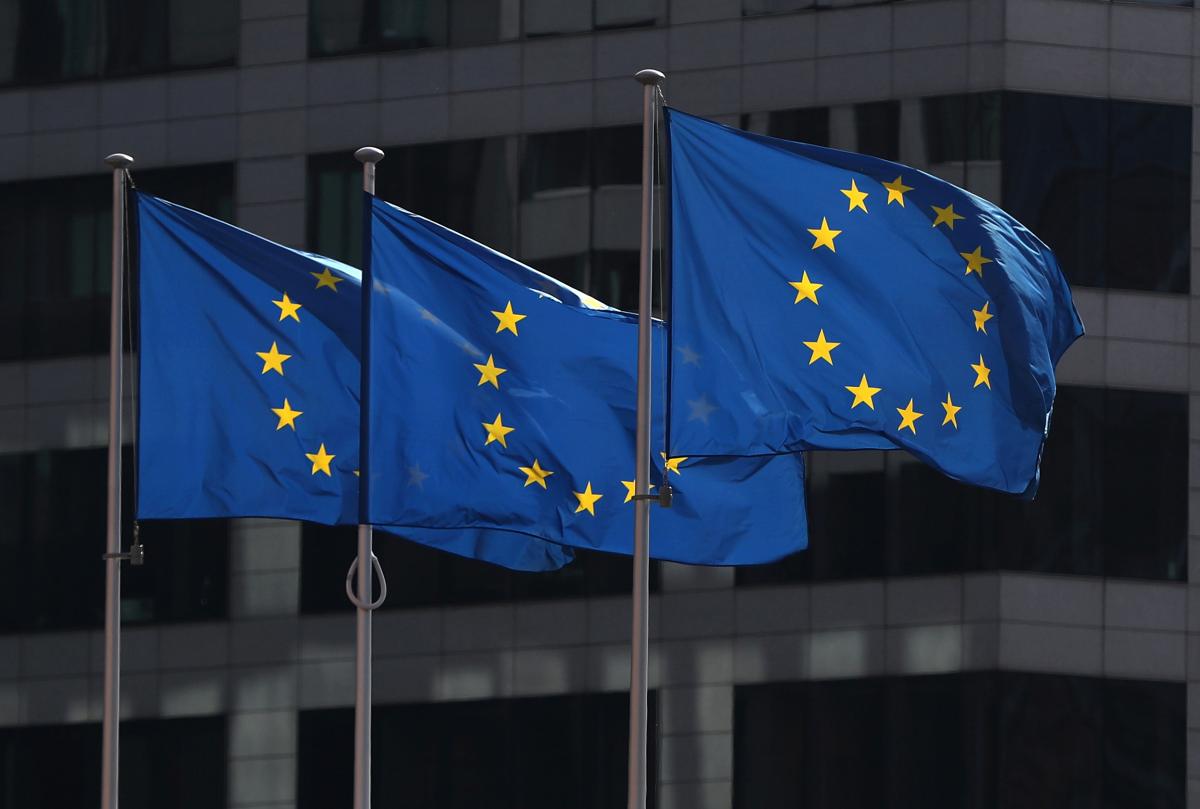Date of publication: 10 August 2016
Oleksandr Fefelov, Attorney at Law, Head of Antitrust and Competition Practice
Source: European Pravda
It is no secret that competition in a market economy is a prerequisite for its sustainability.
Without fair economic competition and its protection systems on the part of individual states, state entities or unions it is difficult to talk about economic development leading, in turn, to improvement of welfare of society.
A great example of how to protect fair competition may be the decision of the European Commission adopted on July 19 according to the results of investigation of cartel collusion of a number of truck manufacturers: MAN, Volvo/Renault, Daimler, Iveco and DAF.
The decision of the European Commission envisages huge, in fact, record-breaking fines that the colluders will have to pay – about EUR 3 bln.
The largest European manufacturers of trucks were caught in a conspiracy to fix basic prices of trucks manufactured in Europe, terms of introduction of the technologies that meet the European standards regarding emissions of harmful substances into the environment (i.e. transition from Euro 3 to Euro 4) and the actual shifting of expenses for the transition to the Euro 4 on consumers.
According to the files of the European Commission, the cartel involved companies that made 9 of 10 trucks of medium and heavy-duty vehicles manufactured in Europe.
The cartel “operated” from 1997 to 2011, and the investigation lasted more than 5 years. The cartel involved companies that made 9 of 10 trucks of medium and heavy-duty vehicles manufactured in Europe.
How did the European Commission manage to prove the cartel agreement? And is it impossible to do in Ukraine?
To answer this question we should consider in more detail the recent decision of the European Commission.
The main legal rule governing the competition rules in respect of the cartels in the EU is Art. 101(1) of the Treaty on the Functioning of the European Union.
The above article prohibits all agreements between business entities, decisions of associations and concerted practices which may affect trade between Member States, the purpose or the effects of which is a hindrance, restriction or distortion of competition in the internal market, including those which directly or indirectly fix prices for the purchase or sale of any other trading conditions, limit or control production, markets, technical development or investment.
The EU practices accept a broad interpretation of the provisions of Art. 101, so any arrangements between competitors or potential competitors that relate to price fixing fall into the category of those that restrict competition.
But that is not all. Although the EU has accumulated a wealth of experience in dealing with cartel agreements, and the business is well aware of the consequences of violation of the requirements of Art. 101, it is impossible to get rid of a negative phenomenon such as a cartel without a specific set of tools at the disposal of the European Commission.
Although the Commission has broad powers with regard to investigations and inspections, including the right to demand provision of documents, records, information, obtaining statements, evidence of individuals, conducting searches, even in private premises, and sealing of business records, yet evidence-gathering process regarding the cartel agreement is a much more burdensome than its detection since the actions of the cartel participants are often very classified.
In this connection, the usual practice is carrying out by the employees of the antimonopoly authority of the so-called unannounced raids (visits) to the premises of suspected cartel members to gather evidence of collusion, which was done in this matter.
However, the information received from the cartel participants is not less important tool in the fight against cartels.
Through the Leniency program (regarding exemption from fines and reduction of fines in cartel matters (Leniency Notice of 2006), and the program of a compromise reduction of fines in cartel matters in accordance with the EC notice of the settlement procedures in cartel cases of (EU Settlement Notice of 2008), the fines set by the EU Directive on imposing fines of 2008 may be significantly reduced in some cases, which in turn stimulates the participants to cooperate with the Commission.
Leniency Notice rules envisage a full immunity from fines for the cartel participant that first provided the Commission with information and evidence enabling it to carry out an inspection regarding the alleged cartel agreement.
Finally, MAN Corporation took advantage of this opportunity – it received a full exemption from punishment, though it potentially faced a fine of EUR 1.2 bln.
Another rule facilitating the companies offenders to cooperate – even if a business entity does not have the right to a complete immunity from punishment, it, in the case of good cooperation with the European Commission during the investigation and refusal to participate in the cartel agreement, may still qualify for a significant reduction of fines – up to 50%.
Such relief is actually based on the prerequisite that protection of the public interest (in the matter of detection and prohibition of cartels) is more important than the actual punishment of a cartel participants.
For this reason, fine was reduced by 40% for Volvo/Renault, by 30% for Daimler and by 10% for Iveco.
In addition, in accordance with the Settlement Program, which envisages recognition of the company’s participation in the cartel (which can significantly simplify and speed up the investigation process), fines imposed on MAN, Volvo/Renault, Daimler and Iveco were reduced by another 10%.
Although potentially it is not all the costs that may be incurred by the cartel participants. Actually claims for damages in connection with participation in the cartel may also be brought against them.
What is important for us in this example of a successful cartel investigation by the European Commission?
Firstly, we must understand that even such giants of world industry can participate in cartel agreements and be caught in the act.
Secondly, even in respect of very large companies, with all the means at their disposal the cartel investigation may be brought to an end and the violation can be proven.
Thirdly, in the present conditions, when much information is recorded on electronic media, the burden of proof is simplified and punishment is inevitable in most cases.
Finally, fourthly. The investigation process may be greatly simplified and shortened in case of correct, i.e., competent and delicate application of Leniency program. So far, the program does not work in Ukraine as effectively as in the EU.
As a result, the Antimonopoly Committee of Ukraine should more carefully and possibly longer collect evidence during the investigation of cartel agreements.
Otherwise it will be as in the famous case on charges of cartel of a number of woodworking enterprises, when the companies almost escaped punishment.
On top of that it is important not to chase the amount of potential fines (as an index of performance of the AMCU), but to initiate cases and carry out investigations so that to prove the existence of collusion and destroy the cartel.
Thereto, the amounts of fines must be significant, but at the same time their imposition (and payment) should not result in destruction of the entire sector of economy and bankruptcy of individual enterprises, the negative consequences of which can be much more serious than the cartel agreement itself.
The European experience confirms that the purpose of investigations should be prevention of such phenomena and, consequently, development of competition.

